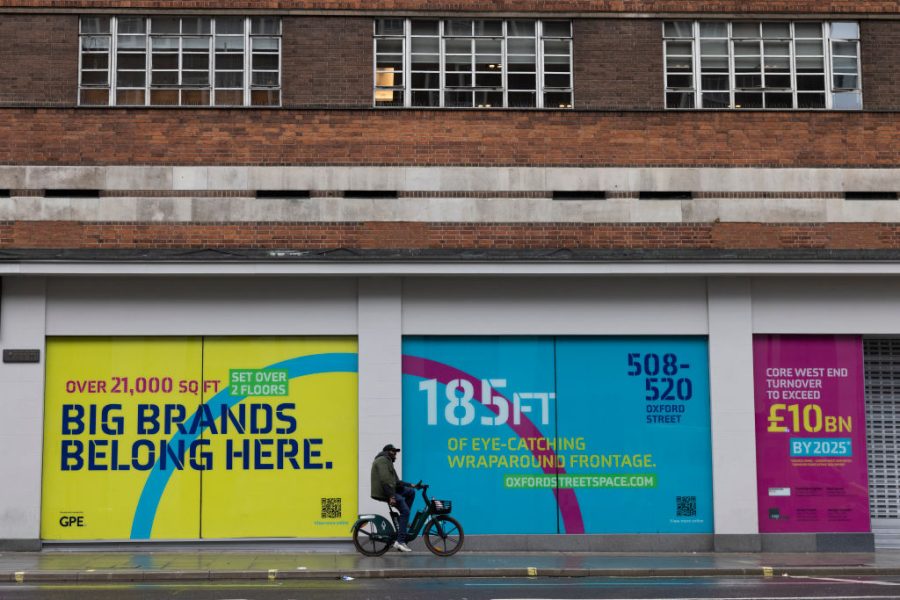It has become customary for Budgets to unravel within 48 hours of being delivered. Rachel Reeves didn’t have much in the way of fiscal announcements to deliver on Wednesday, but even what she did have to say seems to be falling apart. It has since transpired that the Office for Budgetary Responsibility (OBR) did not take into account any risks from a transatlantic trade war when downgrading its growth forecast for 2025 from 2 per cent to 1 per cent. This is an additional risk which is almost certain to erode her newly-clear fiscal headroom and lead to more tax rises in the autumn Budget.
If Reeves was hoping for support from the Resolution Foundation, until recent a reliably Labour-supporting think tank whose former director, Torsten Bell, is now serving as one of Reeves’ junior ministers at the Treasury, she has been cruelly let down. Its research director, James Smith, has not just written off Reeves’s chances of turning around the economy this year, but pretty much for the rest of this Parliament.
There is nothing guaranteed about improvements in living standards
‘We’re basically in a position where the 2020s is now looking like a disaster of a decade, even relative to the two preceding it, in terms of living standards,’ Smith said. Pointedly, he blamed the sluggishness of the economy on ‘policy choices’ – not as Reeves has attempted to do on international pressures beyond her control. The Resolution Foundation echoes the judgement of the OBR, which sees Britons enjoying no real terms increase in incomes in 2026 or 2027.
Whatever happened to the roaring twenties which were supposed to follow Covid? Given the dismal growth in real incomes during the 2010s Britain is now beginning to look at two lost decades. Britain – along with the rest of Europe – seems to be embarking on the same kind of long, slow decline which afflicted Japan after the boom of the 1980s. There, real wages have been more or less static for over three decades – the average Japanese worker earned $37,866 (at 2021 prices – or £29,254) in 1991, rising to just $39,711 (£30,671). Notwithstanding promotions, workers look like ending their careers on essentially the same wages which they began them – while workers in most other advanced industrial economies saw substantial rises. In Britain over the same period, real wages increased by half. Japan’s failure to grow real incomes is all the more remarkable given the huge technological advances which have happened in the interim, which ought to have increased productivity massively.
Don’t say that long-term wage stagnation can’t happen in Britain, too. There is nothing guaranteed about improvements in living standards. Just because we have taken it for granted that life has improved decade on decade for the past two hundred years doesn’t mean we can automatically expect that to continue.
Just as the internet seems to have done nothing whatsoever for living standards in Japan we can’t necessarily expect AI to make us richer, however much Keir Starmer thinks it will help to fill potholes and cure every other national ill. If we want the economy – and wages – to grow, it is going to take a fundamental change in the attitude towards work, which seems to have declined markedly since the pandemic. That civil servants are once again threatening to strike over being forced to return to the office is not a good sign.
Reeves is right to propose to cut the numbers of public employees, but somehow the government will need to revive a spirit of enterprise which helped increase real wages a generation ago. There is little in its actions or public pronouncements so far to suggest that it is even looking achieve to achieve that. On the contrary, incentive-sapping tax rises and the growth-smothering Employment Rights Bill look like it will bring about the opposite.








Comments